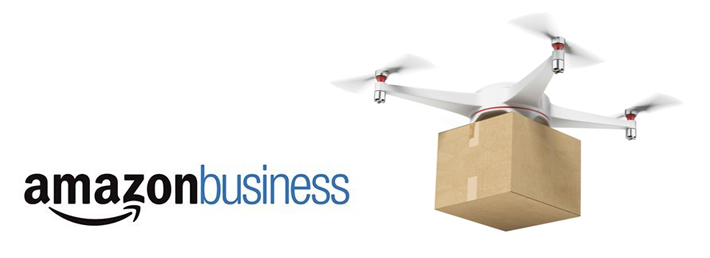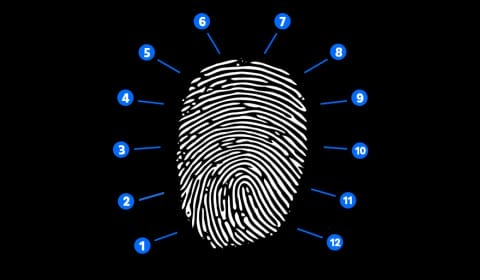Essential B2B eCommerce features for 2017

November 7, 2016
Global competition and the sheer pace of disruptive change and conflict in B2B channels is intensifying. Traditional B2B companies need to catch-up quickly and being able to benefit from an excellent B2B ecommerce webstore which has all the latest cutting edge B2B eCommerce features will be strategically more important than anything in 2017.
To help, TrueCommerce Netalogue have released a targeted summary of the most essential B2B ecommerce features which manufacturers, distributors and wholesalers of all scales and in all sectors, need to be seriously considering in 2017.
What B2B eCommerce Features ecommerce vendors will talk about in 2017
Millennial influence getting serious – they already make up 34% of the workforce and by 2020 this will be an influential 50%. Due to their tech-orientated upbringings, Millennials have no problem placing high value or highly complex B2B orders online via any device. Millennials also, it appears actually welcome and prefer online to be the default means of communication with business suppliers. This is an opportunity to business suppliers that speaks for itself. It’s equally worth noting that research into Millennials personas highlights many shared loyalty-lightness tendencies (i.e. If they cannot be served what, when and how they want – they do tend to go elsewhere quicker). Many B2B ecommerce vendors will build stronger ecommerce strategies based around these groups in 2017.
Amazon targeting UK business spend – the growing influence of Amazon Business is a huge disruptive threat to wholesalers and distributors across all sectors. Not content targeting small and medium sized business customer spend either, Amazon also have the spend of larger purchasing organisations in its sights too.
Traditional B2B suppliers not wanting to end up suffering or subservient to Amazon will be majorly concerned and eager to upgrade their own direct B2B ecommerce capabilities to protect their revenues, margins and autonomy. It is not too late for traditional business suppliers to neutralise this threat either but it will require strategic B2B ecommerce mindsets and B2B webstores which are truly great and not merely average.
Mobile first – Smartphone penetration in the UK alone has leapt to an incredible 81% in 2016. These devices have firmly overtaken laptops and become central to our daily lives.
Naturally they are also influencing our behaviour patterns in the workplace. In response, B2B vendors’ need to adopt an increasingly ‘mobile first’ mindset, ensuring their B2B ecommerce customers can order anywhere, anytime from any device.
Hyper targeted promotions–B2B specific promotions and intelligent cross sell opportunities which appear at the right time and in the right place are becoming increasingly valuable to B2B ecommerce vendors across all sectors.
There are still however many B2B suppliers who are not full utilising B2B promotions, or taking advantage of the significant extra revenue generating potential and loyalty they can deliver. This is not only strategically important to drive B2B sales growth but will be increasingly important to counteract increasing B2B market competition in 2017.
Personalisation delivering 30% sales growth – Gartner research have predicted that by 2018 those B2B suppliers who are offering a more personalised experience on their webstores will have outsold their competitors who are not by a staggering 30%.
B2C-friedliness with B2B-function –B2B ecommerce has reached an interesting point. Every B2B buyer is also an online shopper that’s totally familiar with the latest B2C layouts, practices and user experiences. This presents a huge opportunity for B2B ecommerce vendors who have the capability deliver what’s often highly complex B2B functionality via friendly and familiar B2C-like interfaces.
Customer Self-Service –business buyers want increasing controls when it comes to dealing with their suppliers. This basically translates to having more complex tools to self-manage their account online so they don’t have to spend their valuable time on the phone speaking to business suppliers.
The challenge in 2017 therefore is how much can you do to empower your customers to do more for themselves online. Learn more about customer self-service for B2B ecommerce websites.
International selling – Brexit and currency fluctuations aside – the ease of entry into new territories via B2B ecommerce is encouraging business facing suppliers to increasingly make the jump to export to brand new international markets.
Share this post:
Stay ahead of the competition
Get expert supply chain insights delivered directly to your inbox weekly.



